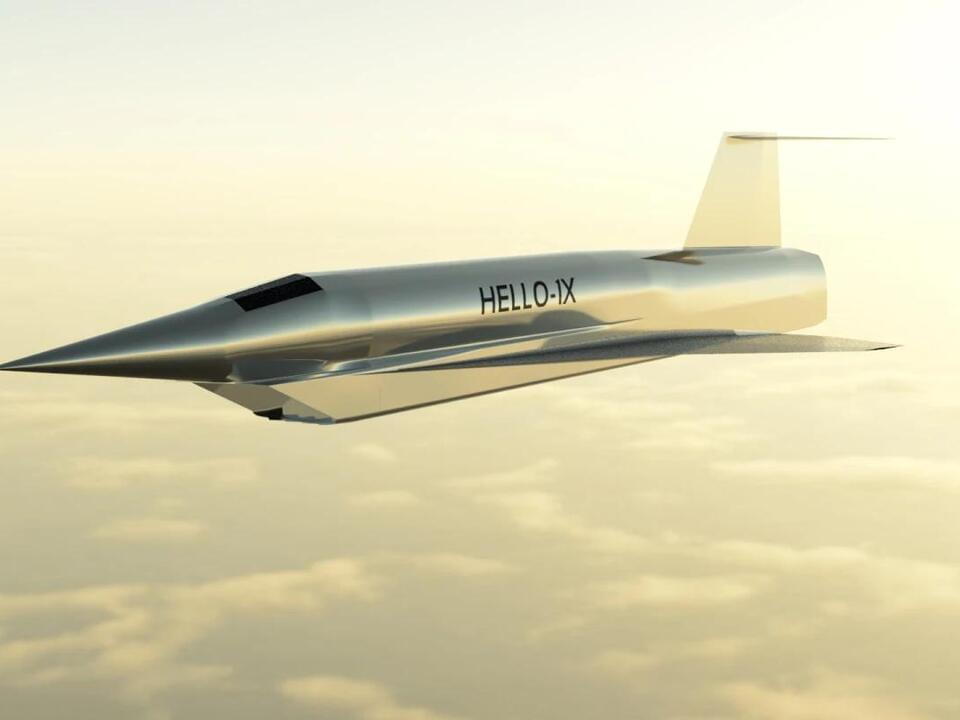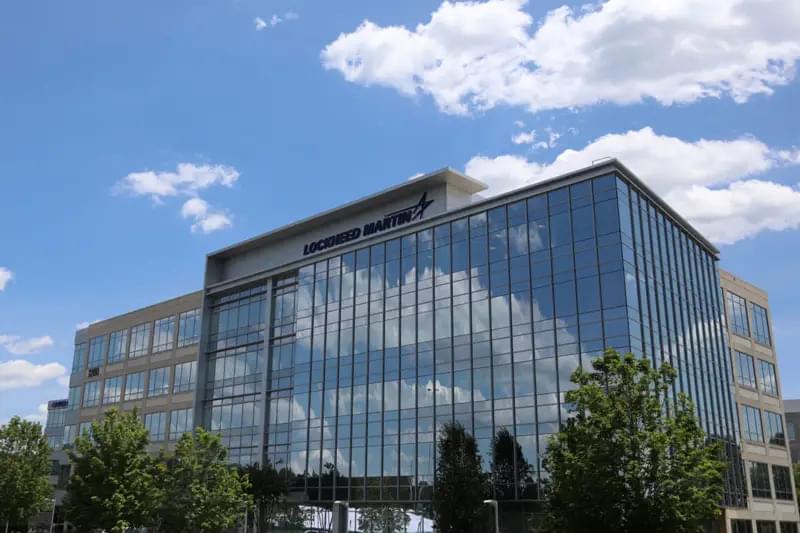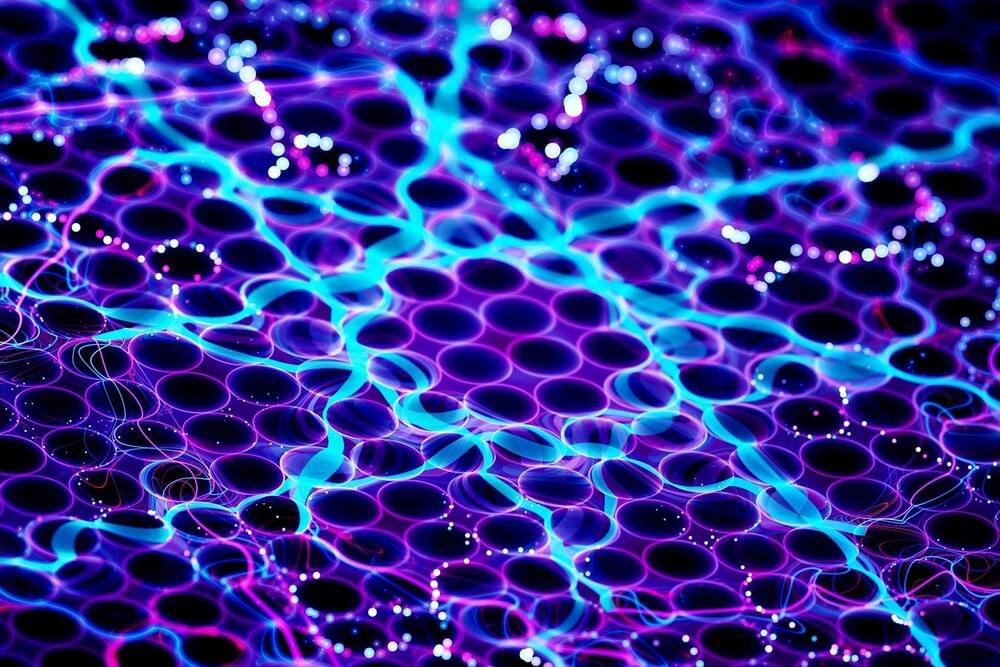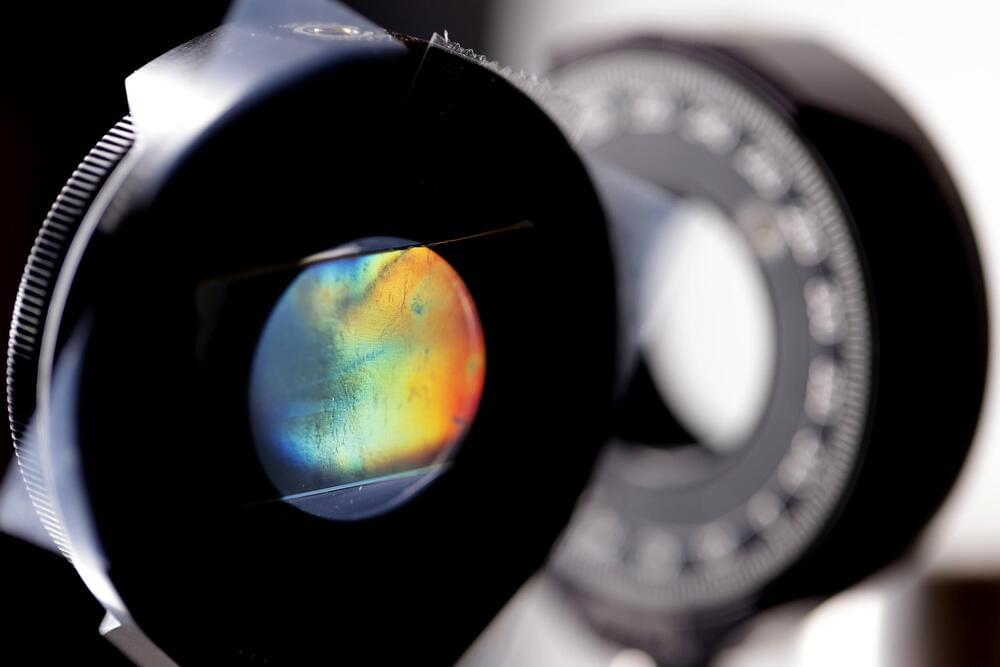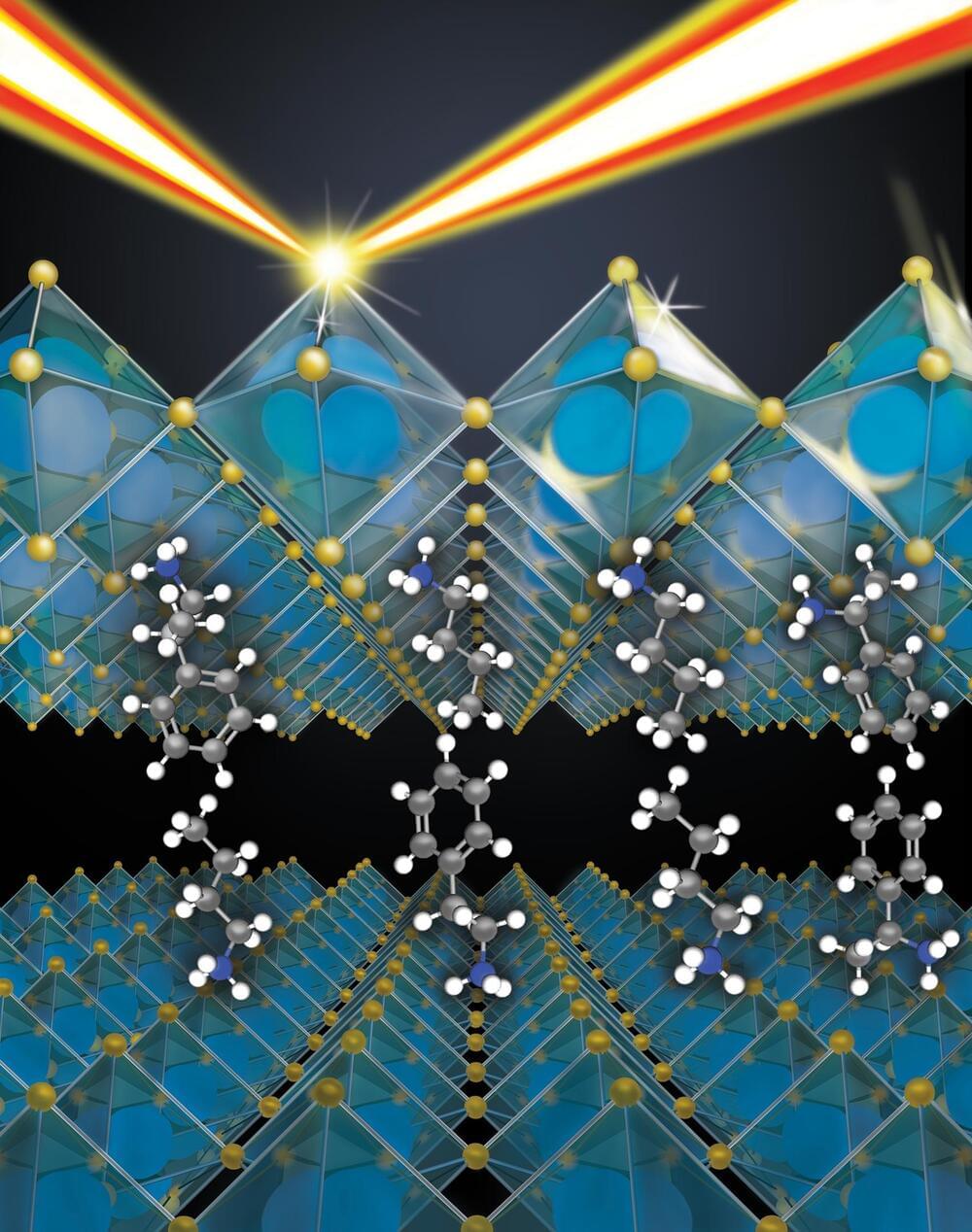When placed at the tip of a turbine blade, the c-shaped “winglet” inspired by the condor reduces drag, potentially increasing the turbine’s efficiency by up to 10% in optimal conditions, according to a study published in the journal Energy.
The wings of soaring birds have also been adapted for use in commercial and military aircraft around the world to increase their lift, says co-author Brian Fleck, a professor of mechanical engineering and expert in fluid dynamics.
“We used to have airplanes with straight wings,” says Fleck. “Now we see them with the tips curled up, and there’s a reason for that.”
